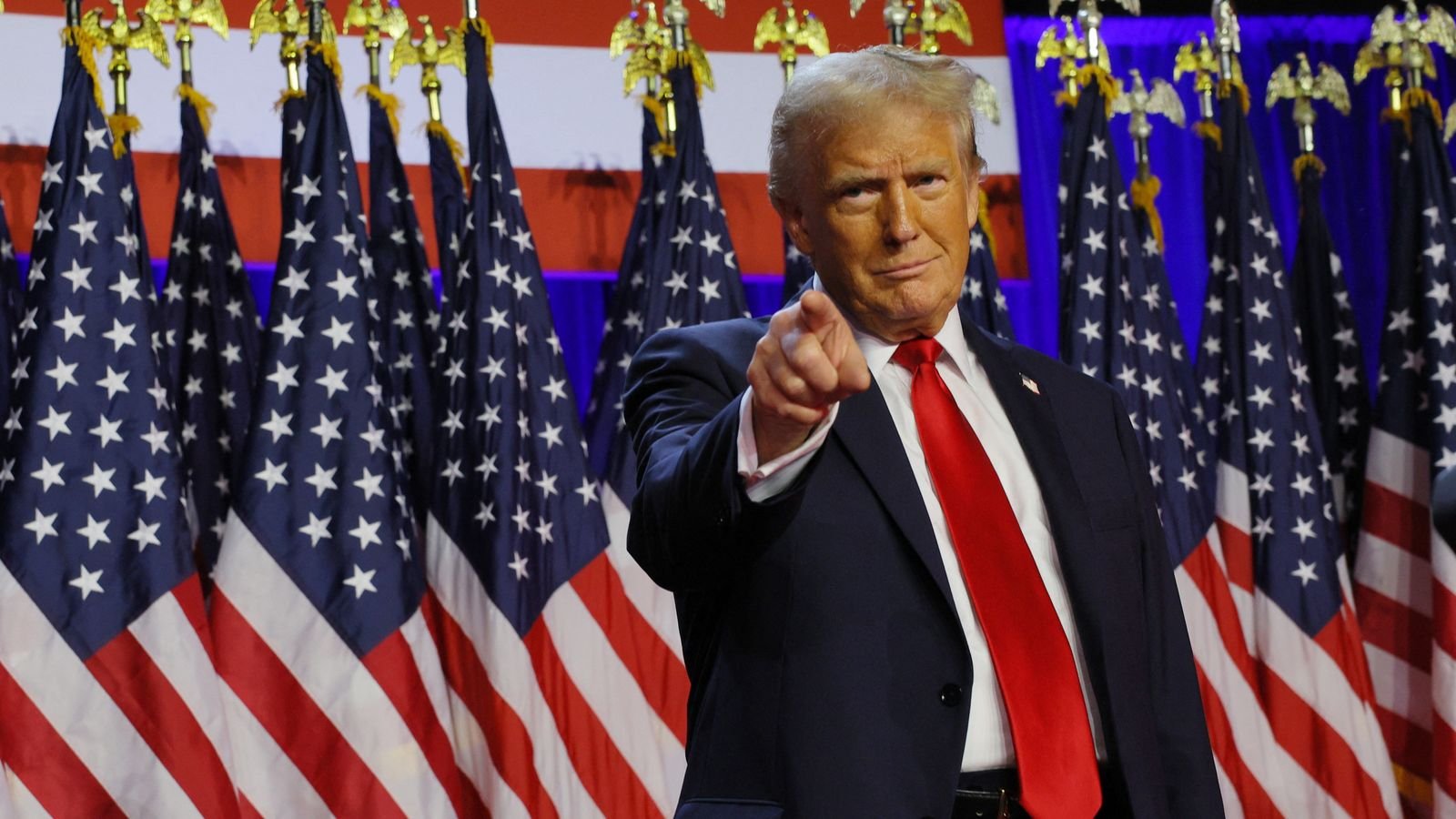
Britain’s annual Remembrance Sunday has a special dimension in 2024 because it was the 80th anniversary of the D-Day landings this year.
The speaker of the House of Commons, Sir Lindsay Hoyle, and the Imperial War Museum are arranging for images of the men and women who took part in the Normandy campaign to be projected on the Elizabeth Tower below Big Ben.
Political leaders past and present will be on parade to lay wreaths at the Cenotaph, which commemorates “Our Glorious Dead” from two world wars and other military conflicts. Those assembled see no contradiction in the fact they are all bound to have been involved in cuts to the UK’s defence capabilities.
D-Day, when British and American troops fought on to the beaches to liberate Europe, is the defining moment of the UK’s patriotic pride to this day – which is why it was a big mistake by Rishi Sunak in the summer to duck out early from France and the international commemorations of 6 June 1944.
Ever since then Britain and Europe have nestled in the security umbrella extended by the United States.
The Americans came, belatedly, to the rescue in both world wars and we assume that it would do so again. The North Atlantic Treaty (NATO) is explicit that an attack on one member is an attack on all, and the US is the dominant contributor to NATO in both cash and military might.
There was already fresh uneasiness among British politicians about how safe we really are as tensions grow around the world from Ukraine to the Middle East to China. A recent House of Commons report was entitled “Ready For War?”.
The re-election of Donald Trump and his “America First” priorities have increased those pressures.



